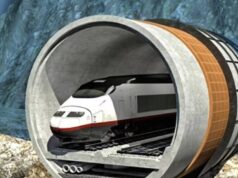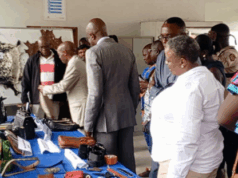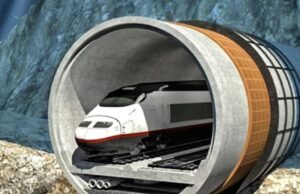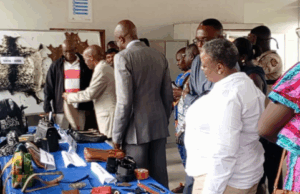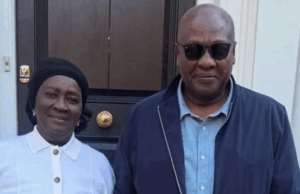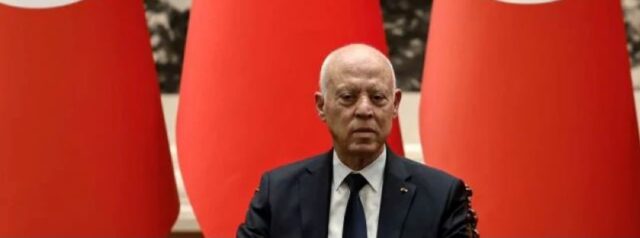
(3 Minutes Read)
The country faces deep structural problems. Public debt has exploded, reaching 71% of GDP, mainly due to a development model focused on public investments. Basic services such as water and electricity are often inadequate and food shortages are common.
The Tunisian economy continues to face major challenges as President Kaïs Saïed is set to begin his second term, Inflation, the depreciation of the dinar, and the burden of debt are all elements that negatively impact the country’s economic situation.
The GDP growth rate has reached only 1% in the second quarter of 2024, while unemployment stands at around 16%. Despite signs of improvement, such as the inflation rate falling to 6.7%, the majority of Tunisians are still feeling the effects of a sluggish economy.
The country faces deep structural problems. Public debt has exploded, reaching 71% of GDP, mainly due to a development model focused on public investments. Basic services such as water and electricity are often inadequate and food shortages are common.
Read Also:
http://trendsnafrica.com/saied-gets-firm-grip-over-tunisia-with-re-election/
The economic crisis has a direct impact on the daily lives of Tunisians. Supermarket shelves are often empty and power cuts are a daily reality. Dependence on foreign aid and tourism revenues has also limited the country’s ability to recover independently.



